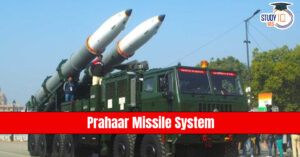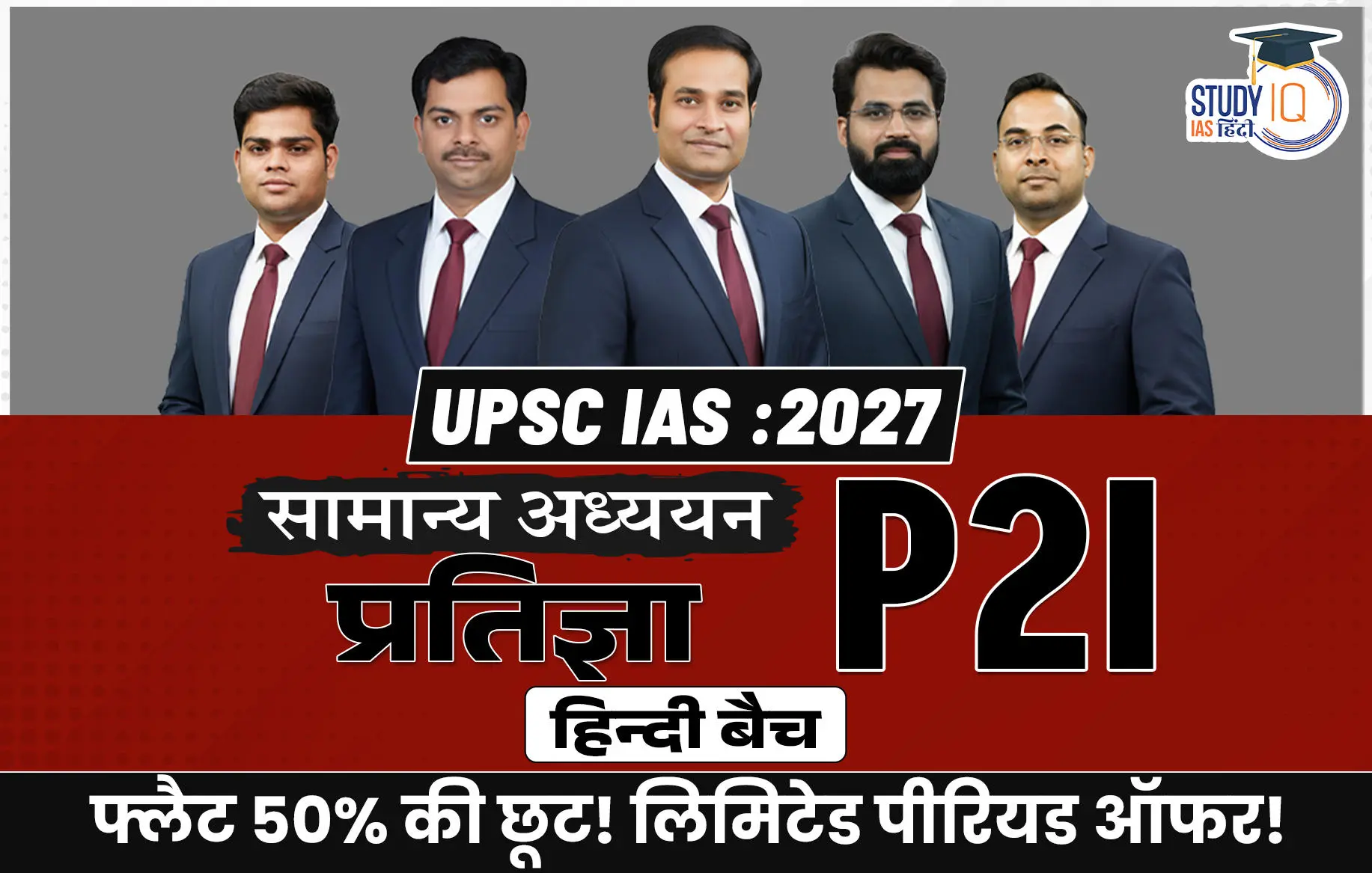Table of Contents
The credibility crisis of State Public Service Commissions (State PSCs) has reached a tipping point in 2025. Paper leaks in Bihar, Rajasthan, Madhya Pradesh and Uttar Pradesh, multi-year delays in results, endless litigation, and allegations of political favouritism have made millions of aspirants lose faith in the very institutions meant to ensure merit-based entry into state civil services.
The just-concluded National Conference of Chairpersons of State Public Service Commissions (19–20 Dec 2025, Hyderabad) has put reforms firmly on the national agenda. Here is the most comprehensive, up-to-date analysis of why State PSCs are failing — and exactly how India can fix them in the next 3–5 years.
Why State PSCs Are in Crisis in 2025: UPSC vs State PSC Comparison
| Parameter | UPSC (Union PSC) | State PSCs (2025 reality) |
|---|---|---|
| Political insulation | High – appointments largely merit-based | Low – often seen as “political rehabilitation” |
| Average age of members | 58–62 years, rich experience | Frequently below 50 or retired political aides |
| Dedicated personnel ministry | Yes (DoPT since 1985) | Almost none at state level |
| Vacancy declaration | Annual, scientific manpower planning | Ad-hoc, delayed by fiscal or political reasons |
| Exam cycle | Predictable (every 12–15 months) | 3–7 years in many states |
| Litigation rate | <3 % of exams | 30–70 % of major exams end in court |
| Paper leak incidents (2020-25) | Zero major incidents | At least 9 states affected |
Root Causes of the State PSC Crisis (2025)
- Politicisation of Appointments Chairpersons and members are frequently retired bureaucrats or academics perceived to be close to the ruling party. In several states, the post of PSC Chairman has become a post-retirement “reward”.
- Absence of Manpower Planning Unlike the Centre’s Department of Personnel & Training (DoPT), most states have no dedicated cadre-planning cell. Vacancies are declared only when political pressure mounts.
- Outdated Syllabus & Evaluation Systems Many State PSCs have not revised their syllabus since 2015–2018. Moderation mechanisms are weak, leading to wild score variations.
- Complex Reservation Matrix Vertical + horizontal + zonal reservations (especially in Telangana, Andhra Pradesh, Uttarakhand, J&K) create calculation nightmares → court stays → further delays.
- Technological & Security Gaps Most state PSCs still use outdated printing presses, manual transportation of papers, and lack end-to-end encryption or biometric verification.
Major State PSC Controversies (2020–2025)
| State | Year | Incident | Result |
|---|---|---|---|
| Bihar | 2023 | 68th BPSC paper leak | Exam cancelled, 7 arrests |
| Rajasthan | 2022–24 | REET & RSMSSB leaks | Over 50 arrests, CBI probe |
| Uttar Pradesh | 2022 | RO/ARO paper sold on WhatsApp | Exam cancelled twice |
| Madhya Pradesh | 2023 | Vyapam-style malpractice resurfaced | New recruitment rules framed |
| Telangana | 2024–25 | Group-1 postponements & reservation disputes | Multiple High Court interventions |
Reform Roadmap 2025–2030: What Must Change
1. Constitutional & Legal Reforms
- Amend Article 316–319 to prescribe:
- Minimum age 55, maximum 65 for members
- Mandatory consultation with Leader of Opposition
- At least 50 % members with 20+ years public administration experience
- Enact a National Public Service Commissions (Standards) Act on the lines of the Lokpal Act to set uniform minimum standards.
2. Institutional Reforms
- Create State Department of Personnel in every state (like DoPT) for scientific cadre review and 5-year vacancy forecasting.
- Make exam calendar mandatory and legally enforceable (like Railways & SSC).
3. Examination Process Overhaul
| Stage | Proposed Reform (2025–27) |
|---|---|
| Syllabus | Revise every 4 years with public consultation & expert panel |
| Preliminary | 100 % objective, state-specific GK in MCQ format |
| Mains | Hybrid model (50 % objective + 50 % descriptive) |
| Paper setting | National pool of setters (retired judges, academicians) |
| Printing & transport | Fully digital encrypted transmission + secure print centres |
| Evaluation | Triple-layer anonymised digital evaluation + AI moderation |
- Mandatory CCTV + biometric + jammers in all exam centres
- End-to-end encrypted question paper delivery (like UPSC’s 2024 system)
- Blockchain-based OMR and answer sheet tracking
5. Administrative Leadership
- PSC Secretary must be a senior officer with prior experience in CBSE/CISCE/State Board exams.
- Create a permanent Examination Security Cell headed by a serving IPS officer.
6. Transparency & Accountability Measures
- Live webcasting of interviews (already done by some PSCs)
- Mandatory annual report to state legislature
- Independent third-party audit of every recruitment cycle
Successful Models Within India (2025)
| State PSC | Reform Adopted | Result (2025) |
|---|---|---|
| Kerala PSC | Fully digital, one-time registration | Highest trust index among state PSCs |
| Tamil Nadu PSC | Transparent rank lists, hybrid exams | Very low litigation rate |
| Karnataka PSC | Regular calendar, strong IT backbone | Conducted 18 exams in 2024–25 without major issues |
The Bottom Line for 2026 Aspirants
If you are preparing for state services in 2026–27:
- Prefer states with ongoing reforms (Kerala, Tamil Nadu, Karnataka, Himachal Pradesh, Uttarakhand).
- Treat State PSC exams as “high-risk, high-reward” — always keep UPSC CSE as a parallel preparation.
Reforming State PSCs is not just an administrative necessity; it is essential for inclusive governance, social justice, and federal balance. The 2025 National Conference has given India a historic window. If the Centre and states act decisively in the next 24 months, we can restore merit, fairness, and trust in one of the most crucial pillars of Indian democracy.


 US–Israel Attack on Iran 2026: Khamene...
US–Israel Attack on Iran 2026: Khamene...
 Agentic AI vs AI Agents: Meaning, Differ...
Agentic AI vs AI Agents: Meaning, Differ...
 Prahaar Missile System: Range, Features ...
Prahaar Missile System: Range, Features ...




















